Month: May 2023
Syria’s main insurgent group seeks to move away from al-Qaida past, get off Western terrorism lists
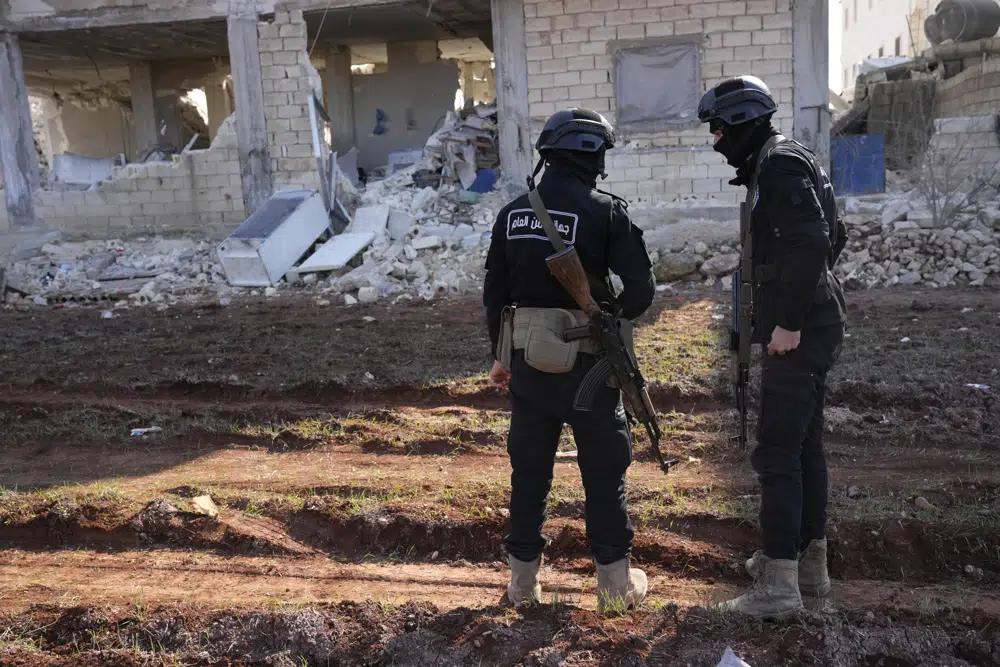
The leader of an insurgent group that rules much of northwest Syria rose to notoriety over the past decade by claiming deadly bombings, threatening revenge against Western “crusader” forces and dispatching Islamist religious police to crack down on women deemed to be immodestly dressed.
Sudan war complicates Russia’s port plans, strains Wagner ties in Libya
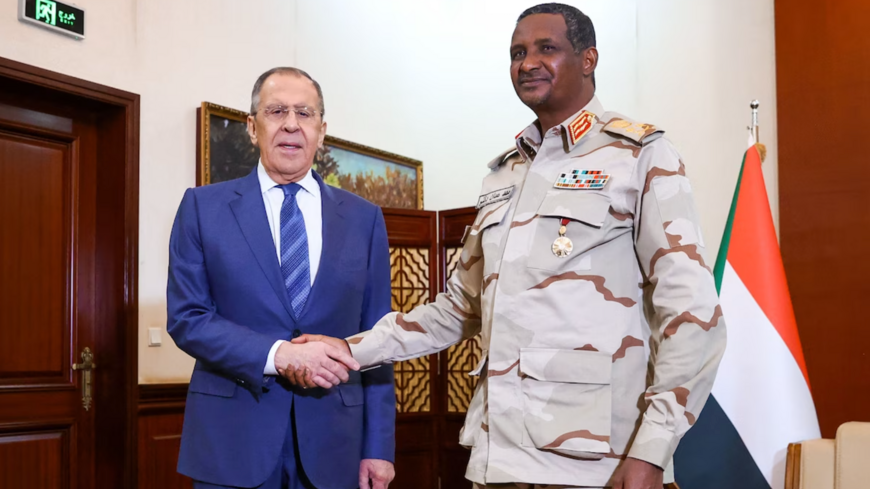
Events in Sudan would have perhaps gone unnoticed in Russian society, including by politicians and the media, if Russian Foreign Minister Sergey Lavrov had not visited Khartoum two months before fighting broke out last week between Gen. Abdel-Fattah al-Burhan’s army and the Rapid Support Forces (RSF) led by Mohammed Hamdan Dagalo, also known as Hemedti.
Cold Capitalism And The Carbon Curtain – Analysis
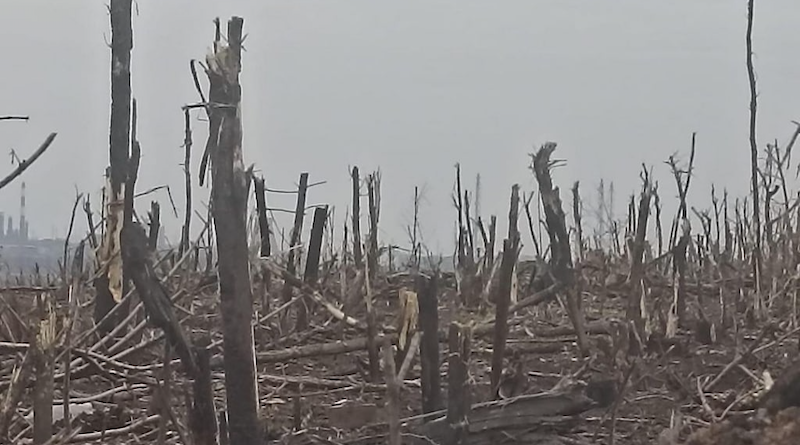
Imagine yourself as a civilian in eastern Ukraine in autumn 2022. Only a few months ago, an apartment building in your neighborhood was obliterated by a HIMARS rocket, which sent a wave of concrete dust careening in every direction. You and your family moved your belongings to a friend’s cellar, a humid, drafty, and claustrophobic space but somewhat safer from the rockets screaming daily overhead. The air outside is murky with a perpetual haze of smoke that infiltrates the lungs.
Blundering on the Brink
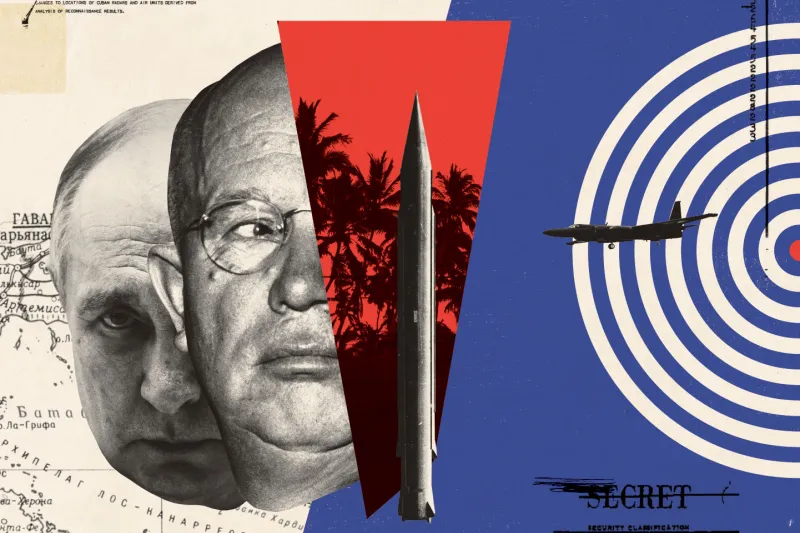
The Secret History and Unlearned Lessons of the Cuban Missile Crisis
There aren’t enough palm trees, the Soviet general thought to himself. It was July 1962, and Igor Statsenko, the 43-year-old Ukrainian-born commander of the Red Army’s missile division, found himself inside a helicopter, flying over central and western Cuba. Below him lay a rugged landscape, with few roads and little forest. Seven weeks earlier, his superior—Sergei Biryuzov, the commander of the Soviet Strategic Missile Forces—had traveled to Cuba disguised as an agricultural expert. Biryuzov had met with the country’s prime minister, Fidel Castro, and shared with him an extraordinary proposal from the Soviet Union’s leader, Nikita Khrushchev, to station ballistic nuclear missiles on Cuban soil. Biryuzov, an artilleryman by training who knew little about missiles, returned to the Soviet Union to tell Khrushchev that the missiles could be safely hidden under the foliage of the island’s plentiful palm trees.
Is Wagner Pivoting Back to Africa?
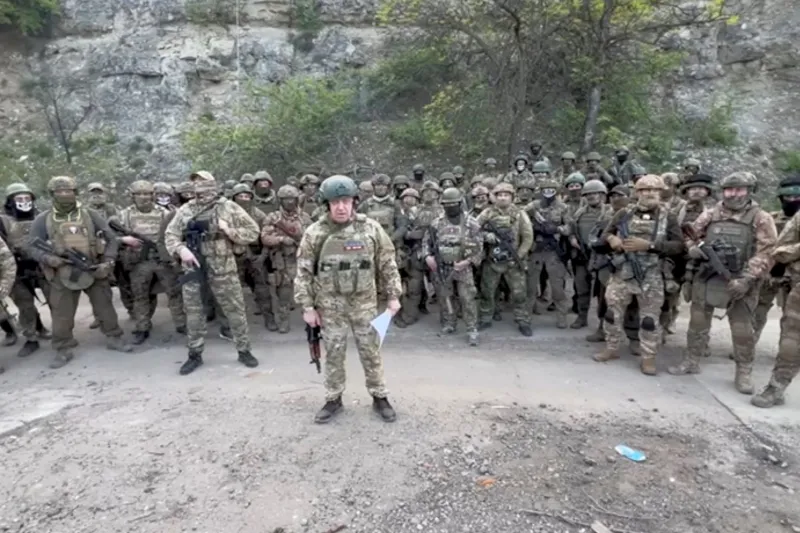
Ukraine Isn’t the Only Place Where America Must Counter Russia’s Mercenaries
Russia’s infamous Wagner paramilitary company may be headed for defeat in Ukraine. The group has sustained enormous losses in the last five months, and its leader, Yevgeny Prigozhin, is embroiled in a high-stakes feud with Russia’s top military brass, who have accused him of indirectly aiding Ukraine by “sowing rifts” among Russian forces. Late last week, Prigozhin publicly castigated Russia’s senior military leadership for not supplying Wagner with enough ammunition and threatened to withdraw his forces from the city of Bakhmut. According to the British Ministry of Defense, the Kremlin may be looking to replace the Wagner contingent in Ukraine with forces from another private military company—one that it can more tightly control.
Afghanistan Webinar
On Thursday, The Soufan Center hosted a virtual discussion on the security, political, and human rights dimensions of the current situation in Afghanistan. Moderated by TSC’s Colin P. Clarke, the conversation featured Arian Sharifi, Amira Jadoon, and Ioannis Koskinas, with an introduction by our Executive Director Naureen Chowdhury Fink.
Sudan: Fighting Forces 130,000 Refugees to Seek Safety in Ethiopia
Thousands of Sudanese refugees fleeing the conflict in Sudan are expected to arrive in Ethiopia, the United Nations Office for the Coordination of Humanitarian Affairs (UNOCHA) announced.
It anticipates the arrival of up to 130,000 refugees, including 100,000 Ethiopians and the remainder being foreign nationals.
U.S. Is Interfering In Türkiye’s Elections, Says Interior Minister

The U.S. is meddling in Türkiye’s upcoming presidential and parliamentary elections, Ankara’s Interior Minister Suleyman Soylu claimed on Friday.
Speaking to CNN Turk, Soylu weighed in on the decision by presidential candidate Muharrem Ince, who leads the opposition Homeland Party, to drop out of the race on Thursday ahead of Sunday’s vote.
Russian Eurasianism and its Eastern European counterparts 100 years ago and today
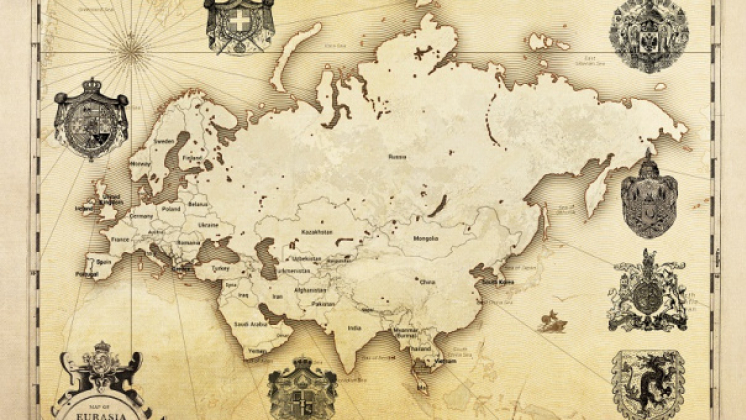
Political-geographical imagery, imagination and geopolitics.
The Eurasian Complex
Russian Eurasianism, whose centenary we celebrated in 2021, is a complex phenomenon that can only be fully understood if we carefully consider the context of its birth and development.
Russian Eurasianism as a specific philosophical and political current emerges in the specific Russian philosophical and cultural space of the Silver Age. This space was already characterized by a “turning to the East”, a reflection on the “East” and “pan-Mongolism” by Vladimir Solovyov, and a literary current of “Scythianism”, in which Solovyov’s reflections and fears were reversed into an acceptance of the “Scythian”, “Eastern” dimension of Russian identity. In the 1917 revolution, some Silver Age figures (e.g., A. Blok in “The Scythians”) saw precisely this dimension of Russian origins emerge.
